Over 50 people interested in the CLIKIS NETWORK project participated in our conference on November 4.
CLIKIS conference Sisak – promo video
The conference started with introductory speeches by Mr. Branimir Spajić, CLIKIS coordinator for Croatia, Mrs. Kristine Ikić-Baniček, mayor of Sisak, and Dr. Michael Scharp from IZT.
Mr. Spajić opened the information about the project itself and the great support of the Mayor, and then presented the facts about the current climate situation and the state of nutritional needs of children in schools as well as European standards. Branimir Spajić also presented the Healthy Meal Standard nutrition category management system, which is currently being implemented in all elementary schools in the City of Sisak, and how it facilitated the implementation of CLIKIS.
Mayor Siska Ikić-Baniček stated that she is grateful that Sisak participates with all primary schools (9 in total), saying that we can always do more to protect the climate, as well as to reduce food waste in schools. A special thanks goes to RED FORK and IZT for the transfer of knowledge to Croatia, and to all partners involved in the project.
Dr. Michael Scharp spoke about IZT and how CLIKIS started from the KEEKS project and what the KEEKS approach is. He also mentioned the importance of nutrition in climate change and school nutrition, and that each individual needs to change their habits in order to make the climate better.
Mrs. Ana Knežević, from the Croatian Consumer Association, presented facts about the legal framework of the EU strategy on climate protection, which is the "Green Plan" and climate transition. He elaborated on what the adaptation strategies and national energy and climate plans are, with an emphasis on the difficulties we are currently facing in the country in order to speed up the process.
Mrs. Patricija Kreš, nutrition expert and CLIKIS nutritionist from RED FORK, had an interesting presentation on the implementation of the KEEKS methodology in the CLIKIS project in elementary schools in Sisak. She elaborated on how measurements were made in the kitchens and finally, how we calculated the full carbon footprint of the designed low carbon meals for schools.
Mrs. Tatjana Obučina from the Ministry of Economy and Sustainable Development, Office for Environment and Nature Protection, in her presentation focused on climate change, national climate policies and climate reporting. She took us through the climate reporting process that is carried out through her office and about climate-friendly meals in schools. There was a lot of discussion on that topic in the public.
Mr. Goran Grgurač, head of the Administrative Department for Education, Culture, Sports, Veterans and Civil Society, spoke about capital investments in kitchens and schools in the city of Sisak and took us through the ongoing efforts of the City of Sisak to provide better kitchens and a more climate-friendly environment and nutrition for children in all primary schools in Sisak. There is always more that can be done and he is very happy that the city has results and now has implemented climate-friendly meals thanks to the CLIKIS NETWORK and the already implemented Healthy Meal Standard.
Ms. Gordana Vešligaj, senior expert advisor at the Ministry of Economy and Sustainable Development, Office for Environmental and Nature Protection, held a presentation on statistical research on food waste in the Republic of Croatia. She spoke about food waste and its impact on the emission of greenhouse gases, how much food is wasted annually in Croatia, the measurable results of food waste along with recommendations on how to reduce waste.
Prof. Dr. Marko Vinceković was our last presenter of the day, and his presentation "A small capsule for sustainable food production" highlighted the challenges of modern agriculture and the role of scientific research in the same field. He spoke about the new achievements of him and his team and the advantages of agrochemical encapsulation. He also mentioned the advantages of new green technologies along with a lot of success in his research and the numerous challenges he faced and is still facing with new technologies.
Leftover food was donated to the Safe Women's House so nothing was wasted.
More links:
Sisak leads the trend of quality school meals and reduces the climate footprint
Sisak schools lead the trend of quality school meals and reduce the climate footprint
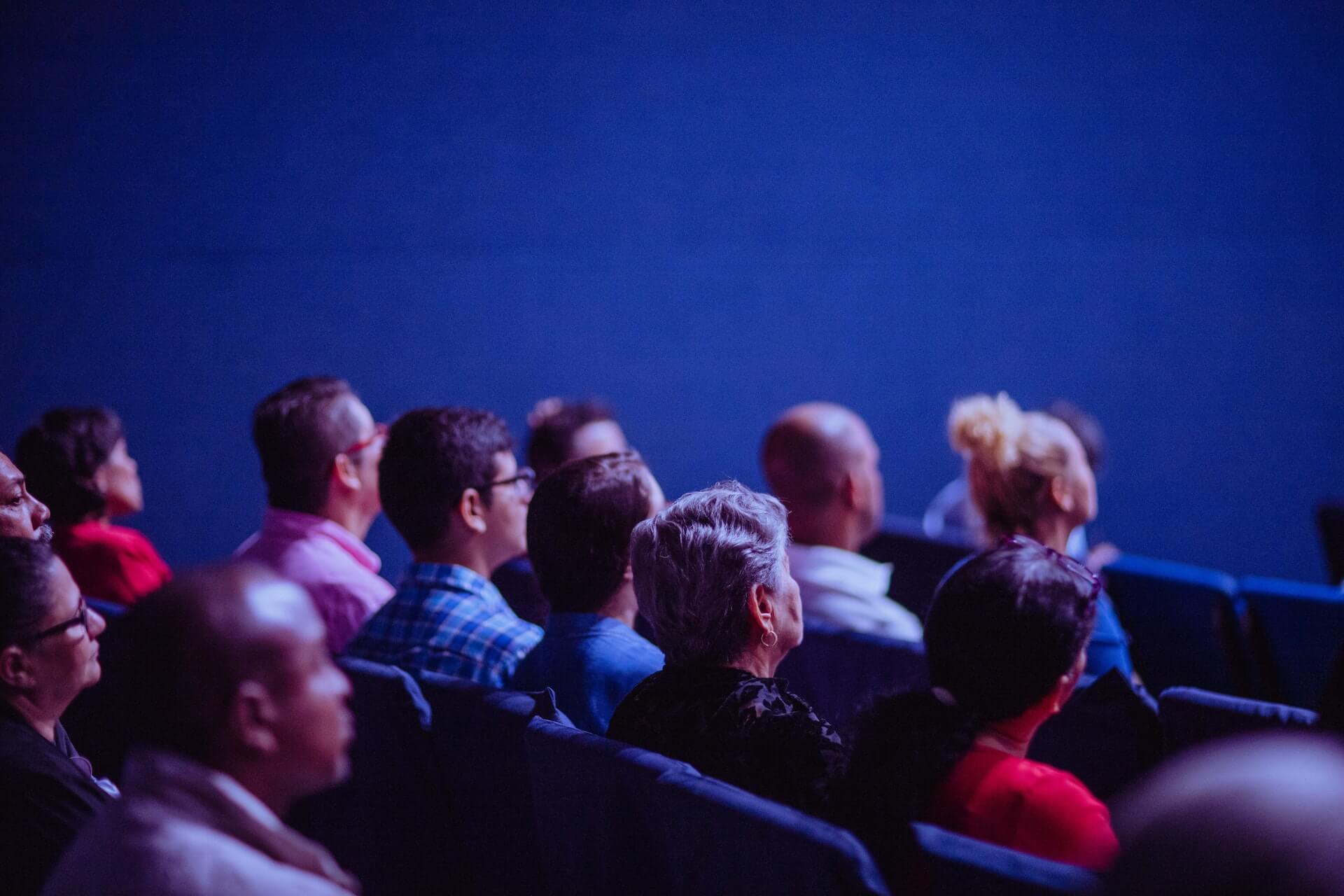
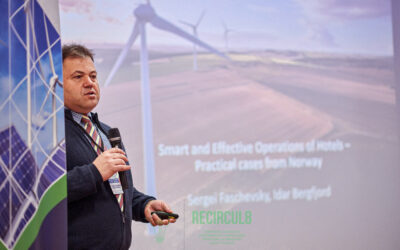
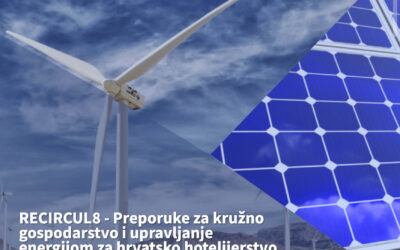
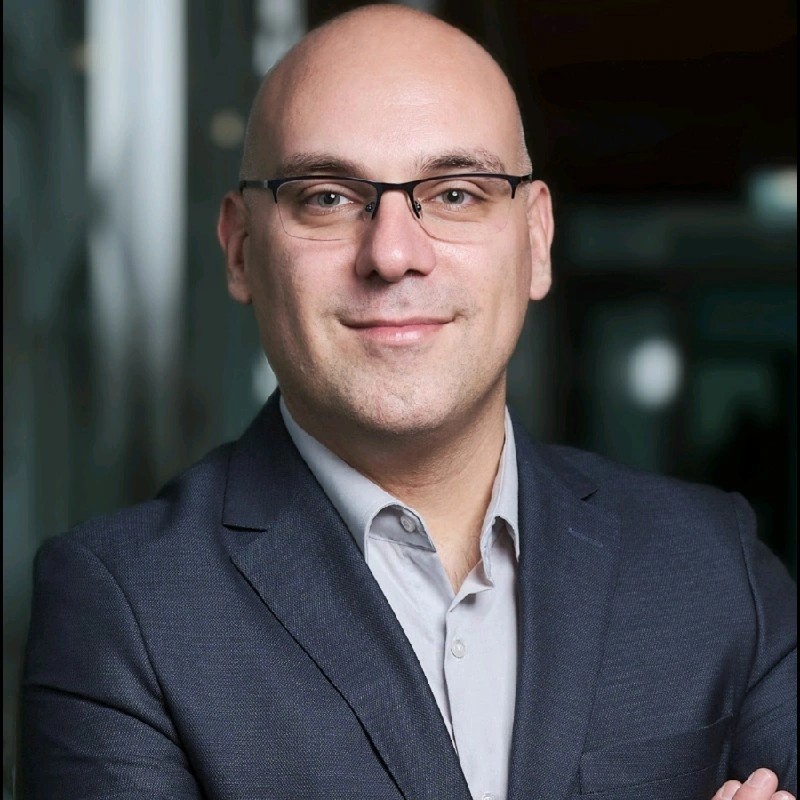
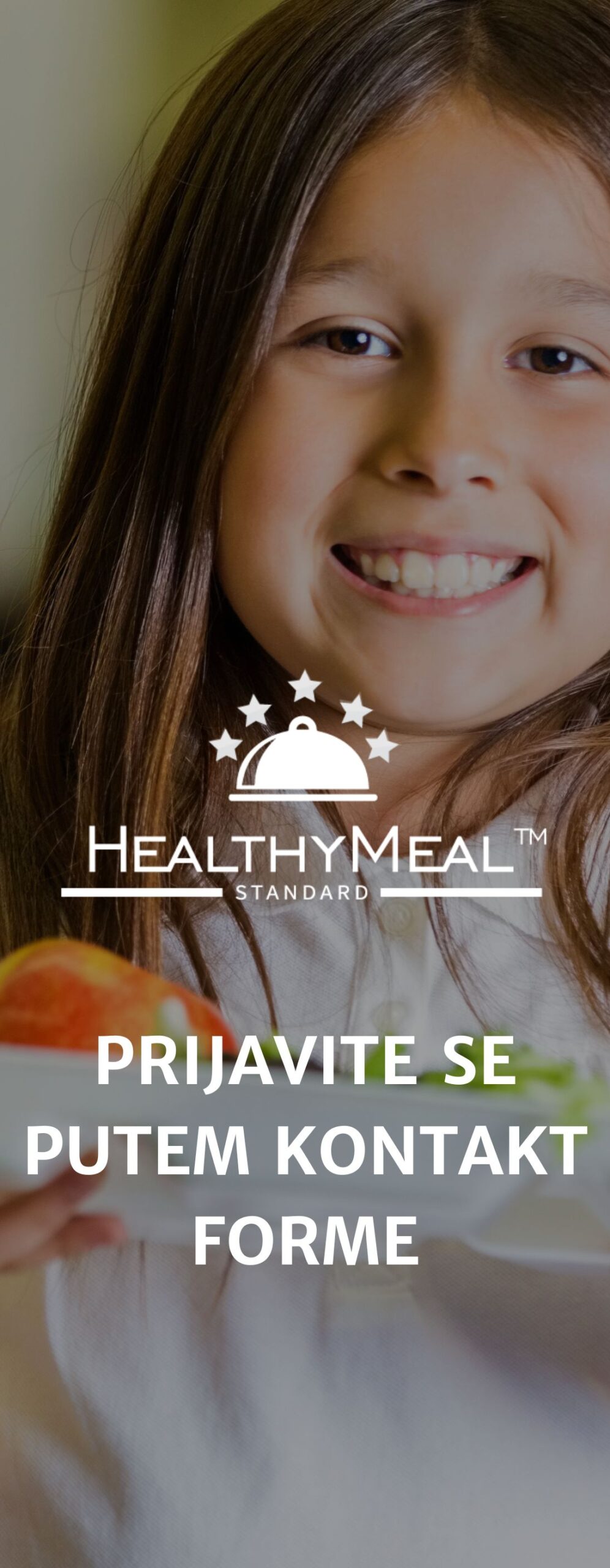
0 comments